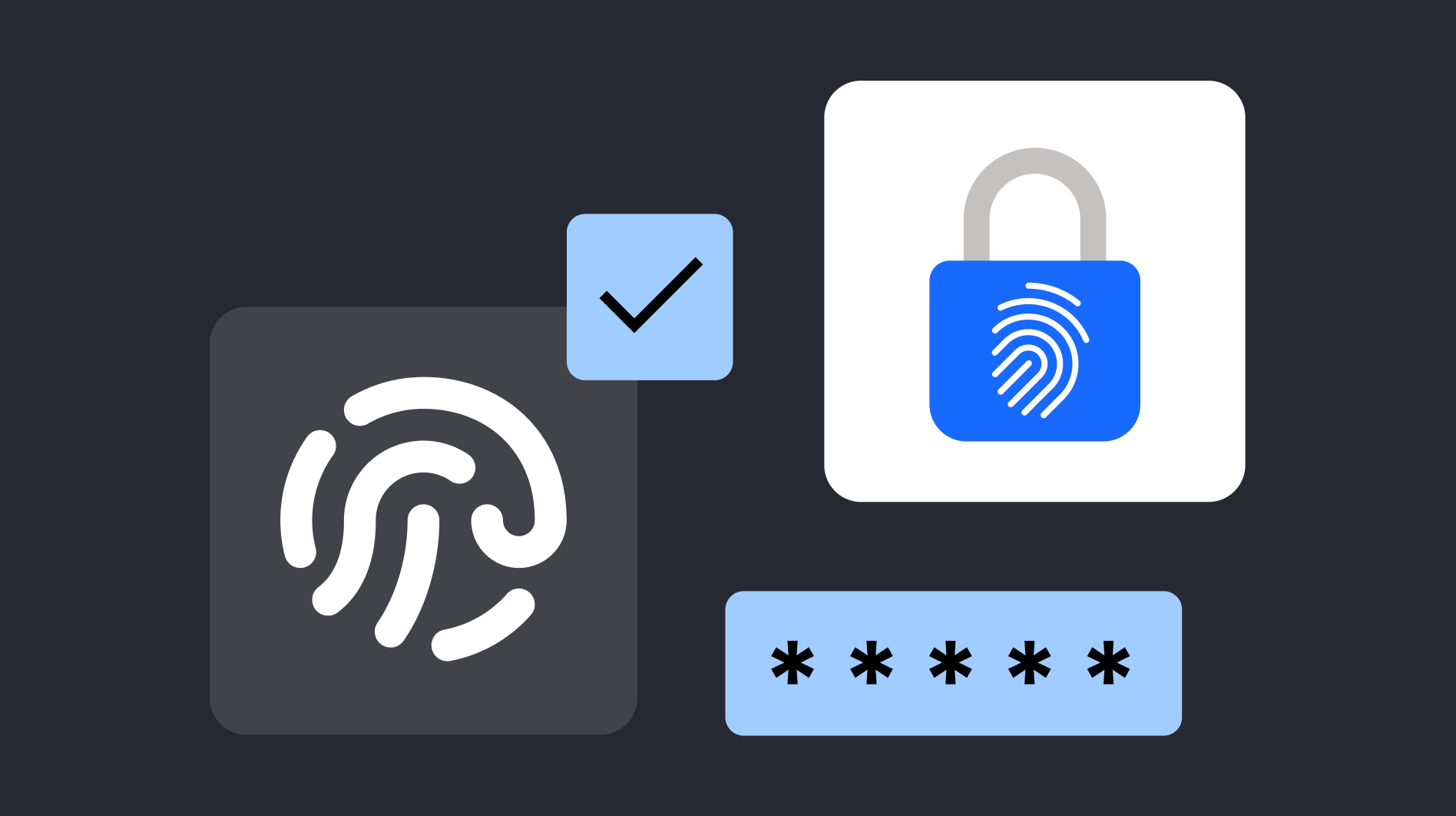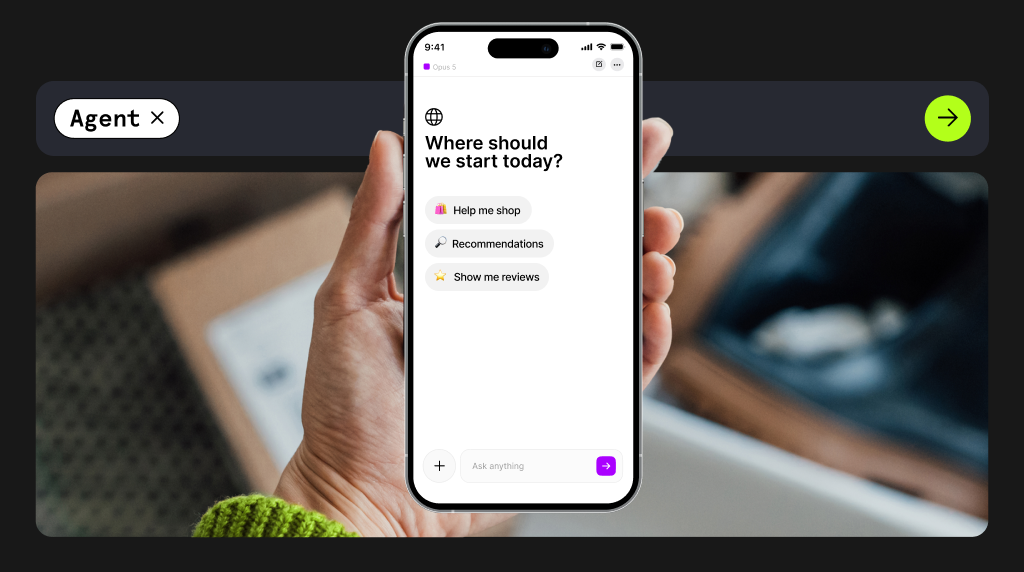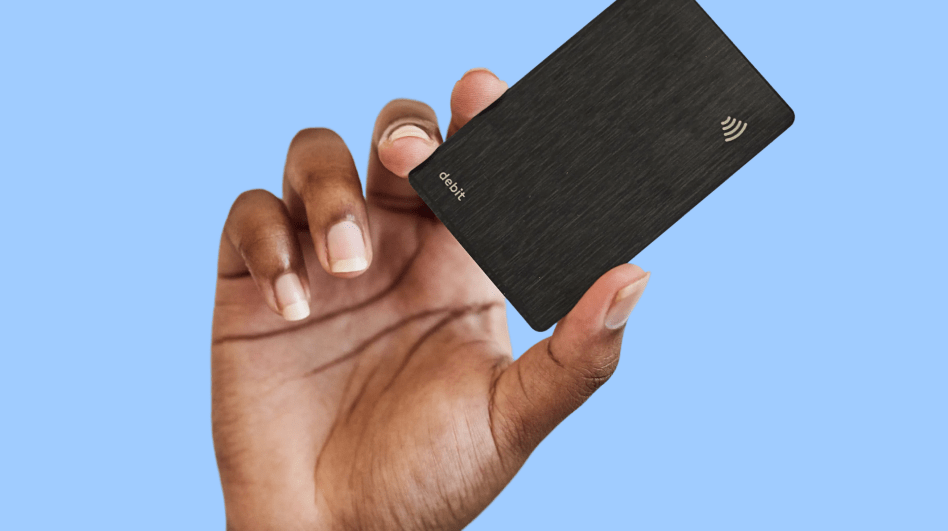Globally, upwards of 80 million online transactions take place every single hour. Behind every one of those transactions is a different business, as well as the multiple players in the payments value chain who ensure the funds are securely processed and end up in the right place.
With billions of dollars flying around this digital landscape every day, how is this achieved? Through a unique identifier known as a merchant ID number.
You’ll be assigned a MID when you open a merchant account. From then on, whenever a customer makes a purchase with you, this code guarantees that the payments funds will end up in your merchant account.
In this article, we explain everything you need to know about merchant ID numbers, including how they work, why you need one, how to find your MID number, whether you can have multiple MIDs, and how you can lose your MID.
What is a merchant ID number?
A merchant ID number, also known as a merchant number or MID, is a unique code that enables smooth processing of credit and debit card transactions for your business. It’s essentially an identifier that’s specifically designed to streamline payment procedures.
MIDs play a crucial role in identifying your merchant account. When a customer provides their payment details during a transaction, the MID ensures that your merchant account is accurately designated as the recipient of the funds.
Throughout the transaction process, the MID travels alongside the customer's payment information, facilitating communication among important parties involved, i.e. the merchant acquirer, card issuer, and payment processor.
Think of the MID as a mailing address on an envelope, directing the funds to their intended destination.
How long is a merchant ID number?
MIDs are typically 15 digits long. They are an alphanumeric sequence, meaning they consist of both letters and numbers.
How do merchant IDs work?
Think of your merchant ID as an account number that facilitates payment transfers.
The credit card processing landscape involves various entities working together, often subcontracting specific responsibilities to different providers, resulting in multiple layers of business.
Transaction information is passed between these parties, which means your MID acts as the ID for your specific business, designating you as the recipient of the payment. In essence, having a merchant ID number is essential for receiving funds. If you accept credit card payments, it implies that you already have a merchant ID in place.
Learn more: What are payment rails?
How to find your merchant ID number
Your merchant ID number isn’t publicly available in a searchable database, for added security, much like how personal bank account numbers aren’t disclosed to the public. However, finding your merchant ID is typically a straightforward process.
Here are a few methods to help you in your merchant ID number lookup:
- Check your merchant account statement
- Contact your merchant account provider
- Inspect your payment terminal (some terminals display the MID directly on them, often located on the side or bottom of the device)
- Review your bank statement (Although your merchant account statement is the primary source for your MID, your regular business bank account statement might also include it)
Why your business needs a merchant ID
It all comes down to receiving funds. Your business needs a merchant ID to ensure a smooth flow of customer payments from their bank to your company’s account. Without this unique identifier, funds from customer payments would never reach your bank account.
However, while every business accepting card payments needs a merchant ID number, the process of actually getting one may vary. Depending on your payment-processing provider and the financial institution hosting your merchant account, you may or may not be provided with a merchant ID number.
We should note that Checkout.com users don't have direct involvement with their merchant ID number. As a comprehensive end-to-end payment-processing solution, Checkout.com provides the functionalities of a merchant account, removing the need for users to establish a separate merchant account.
Learn more: What is a merchant statement?
How do I get a merchant ID number?
Securing your own MID is a relatively straightforward process. You'll need to set up a merchant account with a card processing company. This involves providing essential business information, undergoing a credit check, and agreeing to the processor's terms and conditions
Can you have multiple merchant IDs?
It’s not uncommon to have more than one MID, but the majority of businesses typically need just one. However, if you own multiple businesses, each with its own merchant account, then you'll have separate MIDs for each of them.
Let's say you own an independent plant store that has a cafeteria inside. In this case, you’ll want to maintain separate merchant accounts — and consequently, separate merchant IDs — for the plant store and the cafeteria, despite them being part of the same overall business.
If your business operates in multiple locations you might also need more than one MID.
Each MID essentially functions as a separate channel, helping maintain order and organization in your finances.
Can you lose your merchant ID?
Yes. In the unfortunate event that a payment processing platform revokes your merchant account, you’ll no longer be able to use your MID number.
For example, one potential cause for businesses losing their merchant accounts and corresponding merchant ID numbers is the accumulation of excessive chargebacks.
Chargebacks happen when a customer initiates a refund request with their card issuer, then, if the chargeback is deemed valid, the customer gets a refund.
Several factors can contribute to chargebacks, including:
- Customers believe your product or service doesn’t match the description.
- Failure to provide a legitimate refund to a customer.
- Fraudulent purchases via stolen credit cards, prompting the true cardholder to file a chargeback.
- Cardholders not recognizing your business name on their statement and mistakenly filing a chargeback.
- Chargebacks not only entail refunding the cardholder and paying a chargeback fee but can also lead to complications with your merchant account. If your chargeback rate exceeds certain thresholds, your merchant account provider may categorize your business as high-risk, resulting in the termination of your account.
Even if your chargeback rate is within acceptable limits, your payment processor reserves the right to revoke your MID number if suspicions of fraudulent activity arise surrounding your business.
Learn more: What is the Mastercard Excessive Chargeback Program (ECP)?
How to create a merchant ID number
Beyond opening a merchant account with your acquiring bank, there are no further steps you need to take to create a MID number. Once you’ve provided your business details, your acquirer is responsible for creating your unique merchant ID.
Accept payments online with Checkout.com
With Checkout.com, you can grow revenue and optimize costs quickly and easily by accepting payments online through our all-in-one platform. It couldn’t be easier to get started – all you have to do is integrate our flexible payments platform once, then capture more value in every transaction.
Talk to our sales team for more information on how to increase sales while keeping customers coming back for more.







.png)






_How%20and%20why%20to%20launch%20a%20card%20program%20(1).png)

